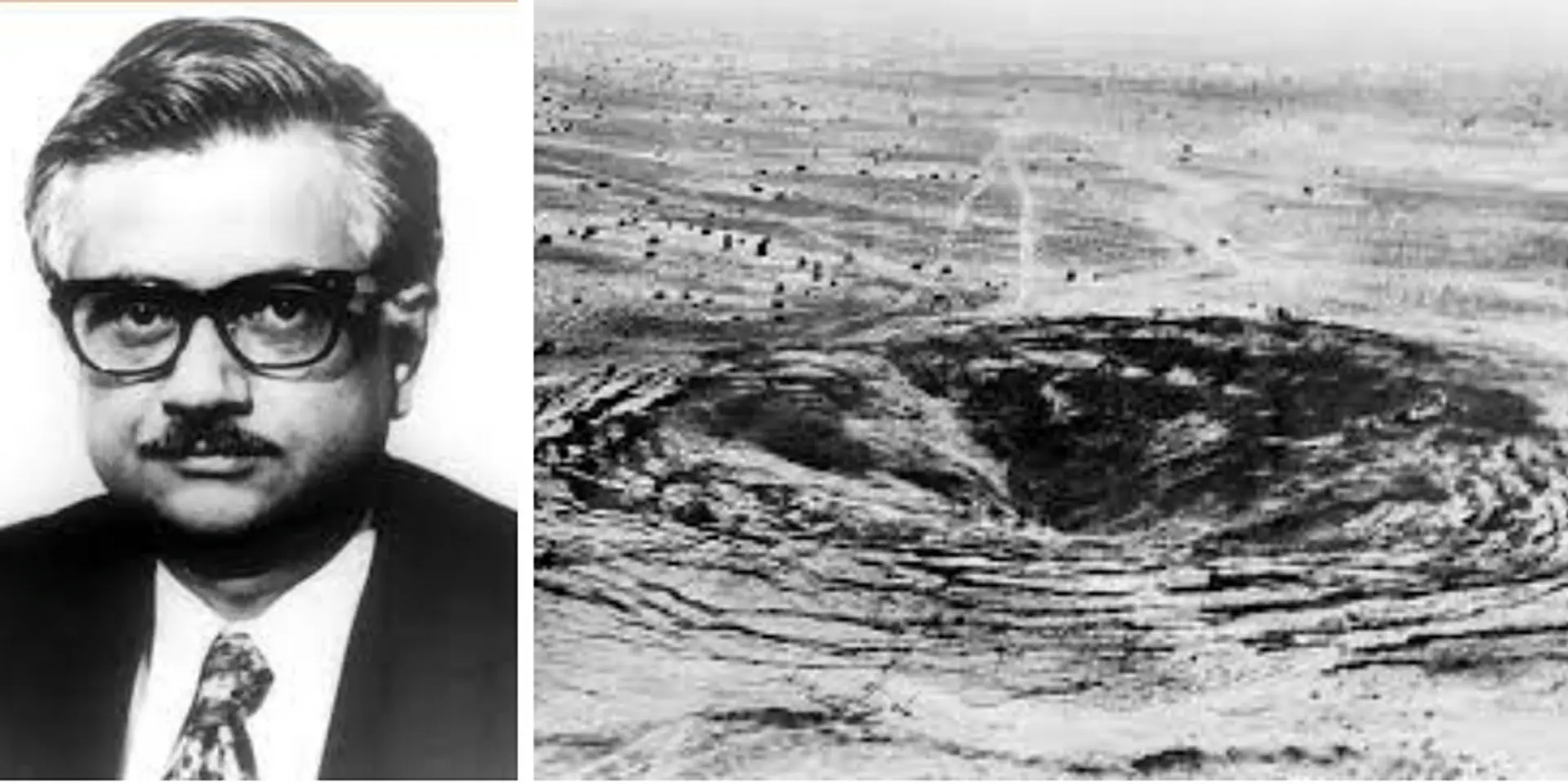May 18th, 1974,Smiling Buddha: India's Historic First Nuclear Test
Smiling Buddha', India's first nuclear test, marked a shift in the country's defence strategy, underlining its scientific prowess and strategic autonomy.
On May 18th, 1974, India etched its name indelibly into global nuclear history. A momentous event unfolded in the desert sands of Rajasthan, at the Indian Army's Pokhran Test Range. It was there that India conducted its first successful nuclear bomb test, codenamed 'Smiling Buddha'. With this groundbreaking achievement, India became the sixth nation in the world to join the nuclear club, marking a pivotal moment in the nation's strategic defence history.
At 8:05 AM that day, the Pokhran range witnessed a sudden bright flash followed by a thunderous boom. The 'Smiling Buddha' had successfully detonated, releasing an energy equivalent to approximately 15 kilotons of TNT. The world's sixth nuclear power was born.
The test was conducted under strict secrecy. The 'Smiling Buddha' was designed and assembled by a team of Indian scientists and engineers led by Dr. Raja Ramanna, then Director of the Bhabha Atomic Research Centre. The project was personally overseen by Prime Minister Indira Gandhi, who gave the final go-ahead, recognising the strategic significance of India having its nuclear deterrent.
The event sent shockwaves around the world, altering global perceptions of India. While the international community largely condemned the test, it highlighted India's advanced scientific capabilities and its determination to maintain strategic autonomy. It also marked a shift in the country's defence policy, which until then was primarily focused on conventional warfare capabilities.
For India, the test was more than just a show of nuclear might. It was a symbol of the country's scientific prowess and resolve to safeguard its sovereignty. The 'Smiling Buddha' demonstrated the nation's capability to develop complex technologies indigenously, serving as a testament to the skills and determination of its scientists and engineers.
Today, as we commemorate this significant event, it's important to reflect on its implications. 'Smiling Buddha' not only altered the course of India's defence strategy but also had a profound impact on global nuclear politics. It was a watershed moment that underscored the dawn of a new era in India's strategic capabilities.







